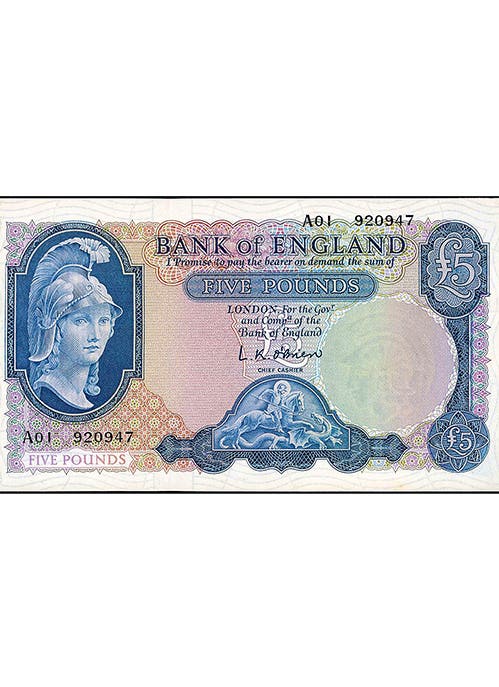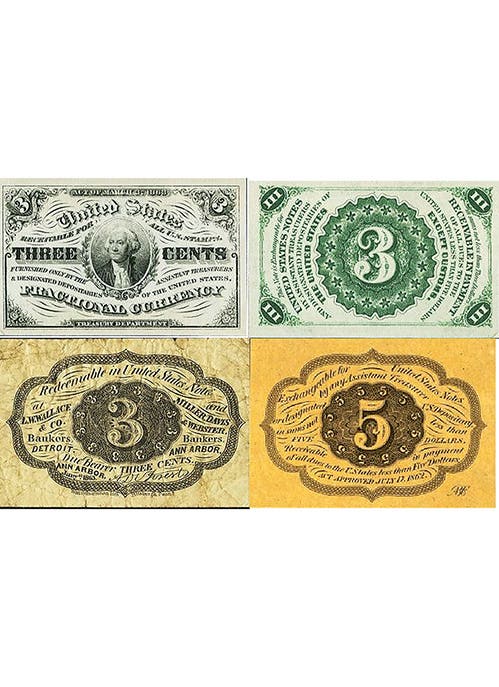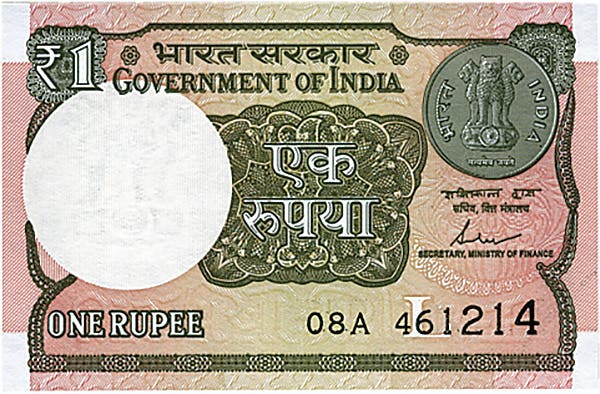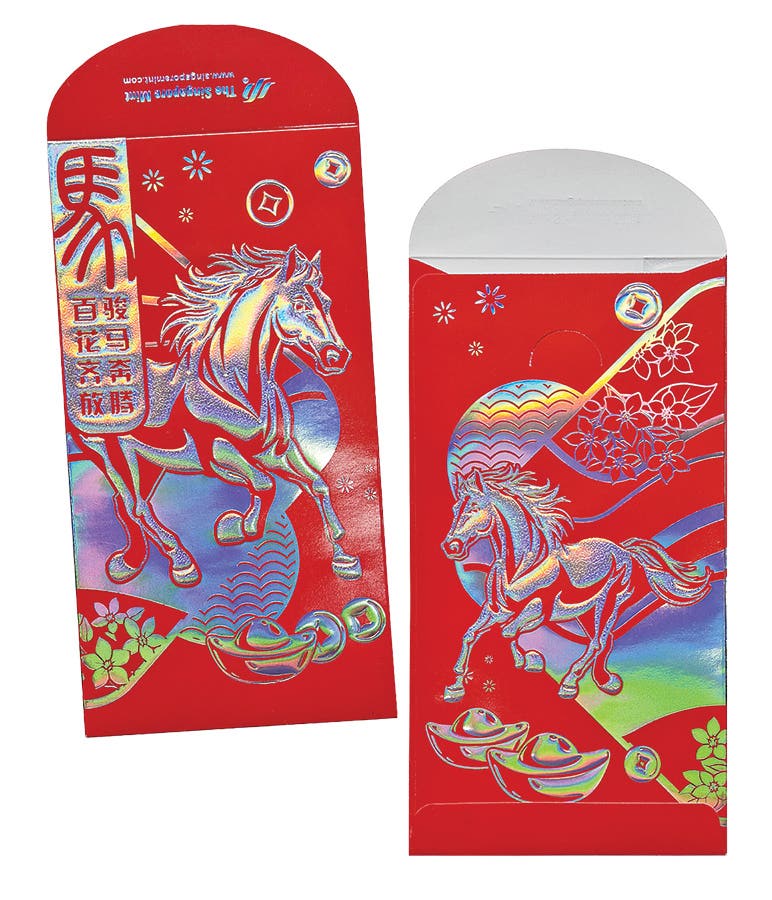Hotz Off the Press: The Good Life in Boonton, New Jersey
Take a little trip to the Garden State, and explore Boonton, in Morris County, New Jersey.
This month, I thought we might take a brief sojourn to the Garden State, also known as New Jersey. One of the original 13 colonies, New Jersey is a diverse region combining heavy industry, wealthy suburbs, and delectable beach locales with rural farmland and large swathes of pine barrens. For this article, we will visit the tony and very appealing town of Boonton, located in northern New Jersey.
Boonton is a town in Morris County, New Jersey, with a current population of approximately 9,000. It is easily reached via Interstate 287 and U.S. Route 202 and is approximately 30 miles due east of New York City. It is considered one of the best places to live in the state. Living in Boonton offers residents a sparse suburban feel, and most residents own their homes. Many families and young professionals live in Boonton, and its residents tend to lean conservative. The public schools in Boonton are above average.
Boonton, New Jersey, traces its origins to the early 18th century, when settlers were drawn to the area’s abundant natural resources, particularly along the Rockaway River. Originally part of Hanover Township, the land was sparsely settled until the discovery of iron ore in the region sparked early industry. The first ironworks were established around 1747, and the community that developed became known as “Boone-Towne,” likely in honor of the influential colonial governor Thomas Boone. This early industrial base gave the area its first significant growth, with forges, mills, and small farms supporting a growing population.
By the early 19th century, Boonton’s industrial importance had expanded dramatically with the establishment of the New Jersey Iron Company in 1830. The company built a planned industrial town along the river, complete with workers’ housing, shops, and a main street that began to shape the Boonton of today. The Morris Canal, completed in the same decade, further connected Boonton’s iron products to larger markets in Newark, Jersey City, and beyond, ensuring the town’s economic vitality. This period also saw an influx of immigrants—particularly Irish and later Italian and Eastern European families—who provided the labor force for Boonton’s furnaces, foundries, and related industries.
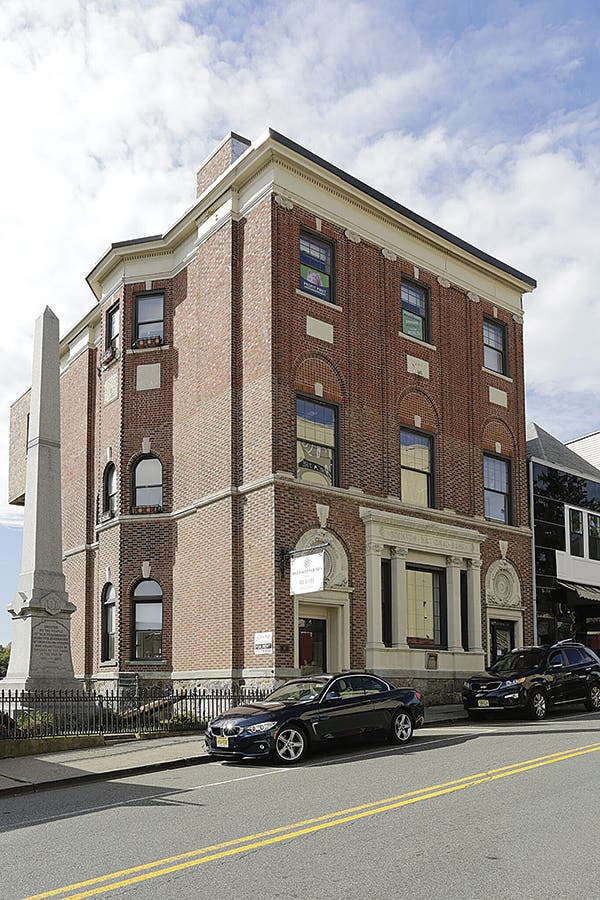
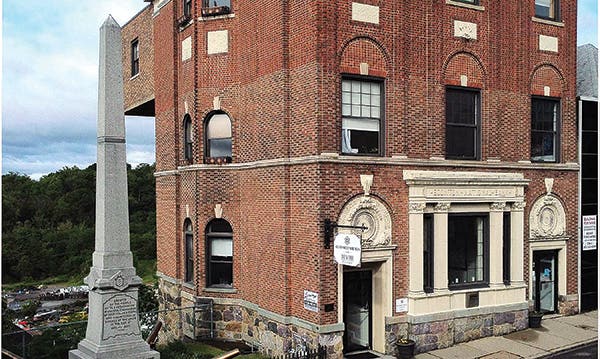
In 1867, Boonton was formally incorporated as a town, separating from portions of Pequannock Township, which at the time included much of present-day Morris County. The new municipality thrived on its iron industry, but as the 19th century drew to a close, the decline of local iron production compelled the community to diversify. Textile mills and other manufacturing concerns emerged to fill the economic gap, while the Rockaway River and surrounding landscape gave rise to recreational pursuits that attracted visitors from outside the region. Schools, churches, and civic organizations also flourished during this time, giving Boonton a strong present. Its historic Main Street remains a centerpiece, lined with antique shops, restaurants, and preserved architecture that reflect its long history. Annual events and cultural festivals celebrate the diversity of its community, while the nearby Grace Lord Park and the Rockaway River Falls remind residents of the natural forces that shaped the town’s beginnings. Though its iron furnaces are long silent, Boonton maintains a strong sense of identity rooted in its industrial heritage, immigrant traditions, and resilience through economic change, making it a distinctive community within Morris County and New Jersey as a whole.
In 1890, commerce within the town had grown to a point that local businessmen decided to form a national bank, and the Boonton National Bank received charter #4174 in that year. Though never a large bank, it nevertheless prospered and survived through the end of the national currency era. Its currency issues included the “Series of 1882” brown and date-back notes, as well as the “Series of 1902” blue seals and the “Series of 1929” small-size notes. Over 45 years, the total issue was just around $600,000. In practice, this resulted in less than $15,000 circulation per year, a relatively minuscule amount. As a result, notes from Boonton are pretty rare and seldom available on the marketplace. Just a half dozen of each of the large and small notes are reported; records of major auction offerings show only two Boonton notes sold in the past 25 years.
Not too long ago, I spied a nice grade Boonton large-size note in a dealer’s stock at a coin show and was able to add it to my collection. On the note are lovely pen signatures of Henry G. Rolston, president, and E.A. Fisher, cashier.
Boonton today is a really nice town filled with busy shops and architecturally diverse buildings. Fans of the popular HBO series “The Sopranos” might remember that Boonton was mentioned as the hiding place for Jackie Aprile, Jr., who was laundering money in the “Boonton projects” after shooting up Chris Moltisanti’s poker game. Of course, there are no housing projects in Boonton, as it is a rather well-off town.
The old Boonton National Bank building remains at 612 Main Street, adjacent to the Soldiers and Sailors Monument. It is a classic three-story structure now housing a Pilates studio and event space. I have included photos of the building as it appeared circa 1920 and as it stands today.
Other historic buildings in Boonton include the Boonton Opera House (715 Main Street), which was first erected in 1856 as Independence Hall and later renamed as an opera house in 1890. Now it houses retail shops on the ground floors and apartments on the upper levels. Next to the Opera House is the old Maxfield Firehouse, erected in 1893, but no longer in use as a firehouse, as it was too small to house modern fire engines. It has served as a restaurant and bar and is now an event space.
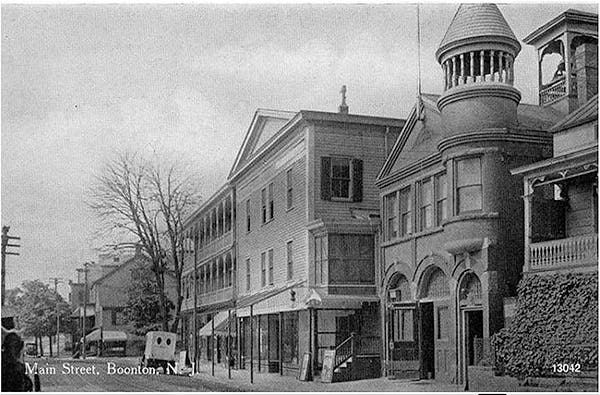
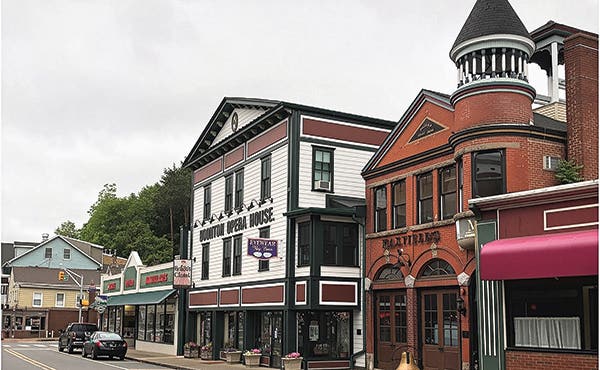
Boonton boasts a vibrant and extensive central business district, featuring numerous boutiques and shops that cater to both locals and tourists. If visiting the northern New Jersey area, a stop at Boonton is a must!
You may also like:





